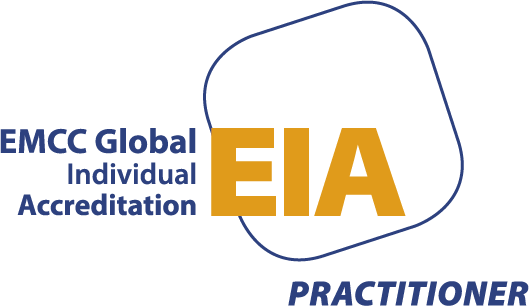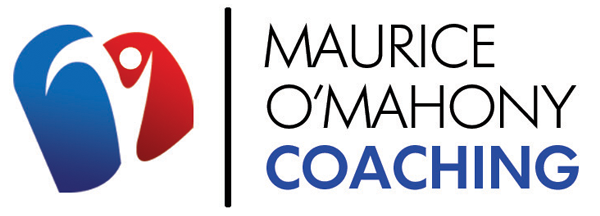My Approach To Coaching
My Coaching Process
Building Rapport
Nothing meaningful can happen in a coaching context without a great rapport between the coach and client. Its so important to work with a coach you can trust and who creates a safe and positive environment to work together in
Listening
Listening is one of the the most important skills in coaching. Good coaches listen with attention and focus and do so without judgement. Listening to and observing the words, tone, nuance, expression and emotions of a client is critical to the success of the coaching engagement.
Empathy
The best coaches possess high levels of empathy; the ability to relate to and understand circumstances from the client’s perspective. “Empathy AND” goes beyond pure empathy itself and involves the coach working in a solution focussed way from an empathetic starting point, helping the client to make the next step
Questioning
Coaches ask meaningful, insightful, thought provoking questions. A great question can significantly shift a client’s thinking and perspective. Real change begins the moment questions are asked and conversation starts to flow.
Feedback
Constructive and supportive feedback empowers, encourages and motivates clients. It stimulates solution focussed thinking and new ideas. It enables clients to focus on what’s working well, enabling them to move forward in a more positive way. It reinforces the possibility of real, meaningful change.
Taking Action
Change comes about through a planned and prioritised series of agreed actions. Coaches help clients to create ambitious, achievable and realistic action plans while providing accountability in a supportive and empowering way.
My Coaching Contract
The Coaching Contract
The Coaching Contract provides clarity and transparency for the coaching engagement and the relationship between the coach and cleint. It manages expectations from the very start and eliminates any ambiguity around the coaching engagement
Logistics
The Coaching Contract outlines the practical logistics around dates and times of the coaching sessions, the location, the frequency of sessions, the medium to be used and payment arrangements.
The Coaching Engagement
The Coaching Engagement normally consists of 6 sessions with a review after session 3. However, the final decision about the number of sessions is completely up to the client. There is no minimum or maximum number of sessions
Coaching Boundaries
The Coaching Contract clarifies questions around confidentiality in coaching, permission to discuss certain topics and the boundaries around coaching vs therapy and other disciplines
Rapport & Relationship
The Coaching Contract outlines the approach to be taken to coaching following discussion with the client around their preferred coaching style. Additionally it outlines responsibilities around commitment to the coaching process as well as the openness and honesty needed from all parties

